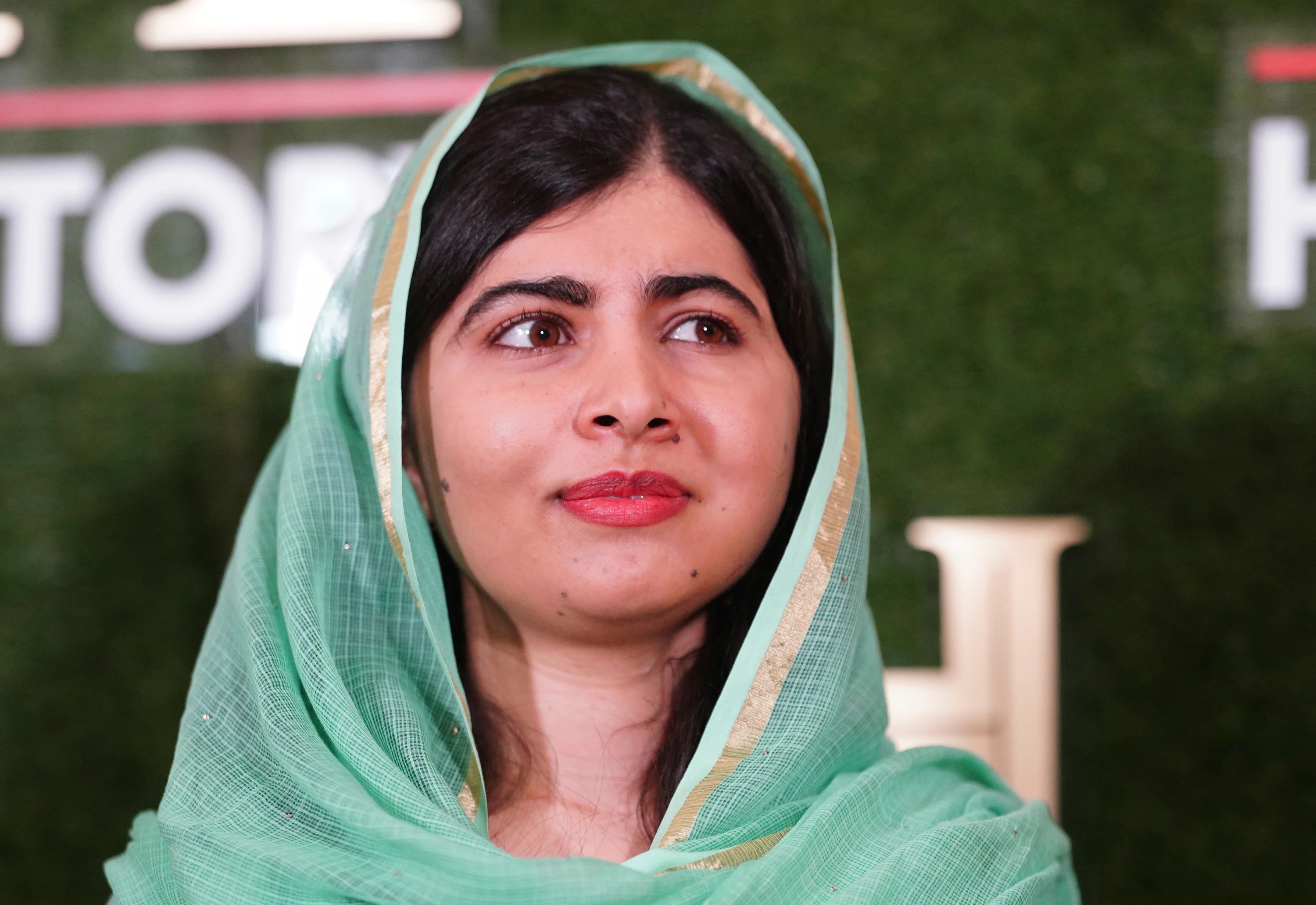Malala Yousafzai is a name that resonates with courage and resilience. Born in the Swat Valley of Pakistan, she has become a global icon for education and women's rights. This article delves into her origins, her journey, and the significant impact she has made on the world stage. As we explore where Malala Yousafzai is from, we will uncover the cultural, social, and political landscape of her homeland and how it shaped her activism.
Swat Valley, often referred to as the "Switzerland of the East," is not just a picturesque region; it is a place where tradition and modernity coexist. The valley has faced numerous challenges, including conflict and extremism, which have significantly influenced Malala’s life and mission. This article aims to provide a comprehensive understanding of her background, the challenges faced in her region, and how her story continues to inspire millions around the globe.
In addition to her geographical roots, we will also look at the broader implications of her work and the ongoing struggles for education rights, particularly in developing countries. By the end of this article, you will have a deeper appreciation of Malala Yousafzai's journey and the importance of education in transforming lives.
Table of Contents
- Biography of Malala Yousafzai
- Early Life and Education
- Activism and Advocacy
- The Attack and Its Aftermath
- Nobel Peace Prize Recognition
- Current Involvement and Projects
- Cultural Impact and Legacy
- Conclusion
Biography of Malala Yousafzai
Malala Yousafzai was born on July 12, 1997, in Mingora, the largest city in the Swat Valley of Pakistan. She is the daughter of Ziauddin Yousafzai, an educator and activist. Malala's early exposure to education and her father's influence played a crucial role in shaping her passion for learning and advocacy.
| Full Name | Malala Yousafzai |
|---|---|
| Date of Birth | July 12, 1997 |
| Place of Birth | Mingora, Swat Valley, Pakistan |
| Education | University of Oxford |
| Occupation | Activist, Author, and Nobel Laureate |
Early Life and Education
Growing up in a region where girls' education was often discouraged, Malala defied societal norms. Her father founded a school for girls, which became a beacon of hope in the conservative Swat Valley. Malala quickly emerged as a strong advocate for education, writing a blog under a pseudonym for the BBC Urdu, detailing her experiences living under the Taliban's rule.
Challenges in Swat Valley
Swat Valley has a rich cultural history, but it has also been a site of conflict. The Taliban's rise in the region brought significant challenges, particularly for girls seeking education. Malala was determined to fight against these injustices, and her voice became a symbol of resistance.
Activism and Advocacy
Malala's activism took a more public turn after her blog gained international attention. She began to speak out at various platforms, advocating for girls' education and equality. Her work has garnered support from numerous organizations, including the United Nations, which recognized July 12 as "Malala Day."
Key Initiatives
- Malala Fund: A non-profit organization that advocates for girls' education globally.
- Speaking Engagements: Addressing world leaders and audiences to raise awareness about education issues.
- Books: Author of "I Am Malala," which shares her story and mission.
The Attack and Its Aftermath
On October 9, 2012, Malala was targeted and shot by a Taliban gunman while on a school bus. The attack was a shocking reminder of the risks faced by those advocating for education in volatile regions. Miraculously, Malala survived and continued her activism with renewed vigor.
Global Response
The attack drew international condemnation and led to an outpouring of support for Malala. Many prominent figures, including former U.S. President Barack Obama, expressed their solidarity, reinforcing the need for educational access worldwide.
Nobel Peace Prize Recognition
In 2014, Malala Yousafzai became the youngest-ever Nobel Prize laureate when she was awarded the Nobel Peace Prize for her efforts to promote education for girls. This recognition solidified her position as a leading voice in the fight for education rights.
Impact of the Nobel Prize
- Increased visibility for girls' education issues.
- Encouraged global leaders to take action.
- Strengthened the Malala Fund's initiatives.
Current Involvement and Projects
Today, Malala continues to advocate for girls' education through her foundation and various initiatives. She is also pursuing her education at the University of Oxford, where she is studying Philosophy, Politics, and Economics (PPE).
Recent Projects
- Partnerships with local organizations to improve educational access in underserved communities.
- Promotion of policies that support girls' education globally.
- Publishing articles and research on education disparities.
Cultural Impact and Legacy
Malala Yousafzai's journey from a small town in Pakistan to a global advocate has inspired countless individuals. Her story has sparked conversations about the importance of education, the rights of girls, and the power of resilience.
Influence on Future Generations
Malala's courage continues to influence young activists around the world, encouraging them to stand up for their rights and pursue education. She embodies the belief that one person's voice can spark change and inspire a movement.
Conclusion
In summary, Malala Yousafzai's story is a testament to the power of education and the importance of advocating for the rights of girls worldwide. Her origins in Swat Valley shaped her mission, and today, she stands as a symbol of hope and resilience. We encourage you to share your thoughts on Malala's journey in the comments below and explore more about the critical issues surrounding education.
Thank you for reading! We hope you found this article insightful and informative. Be sure to visit our site for more articles on inspiring figures and important global issues.


